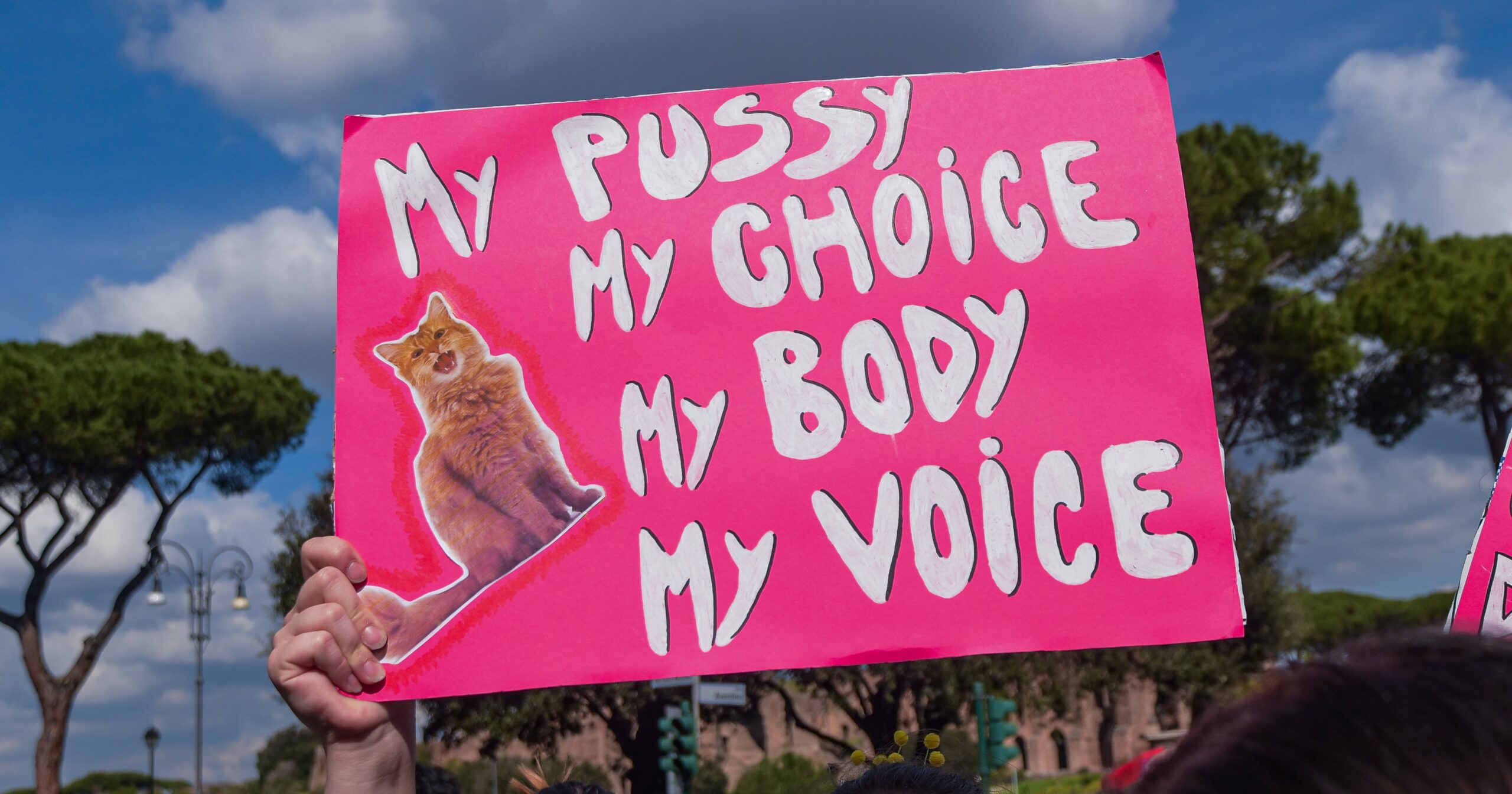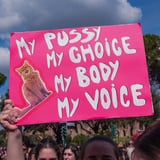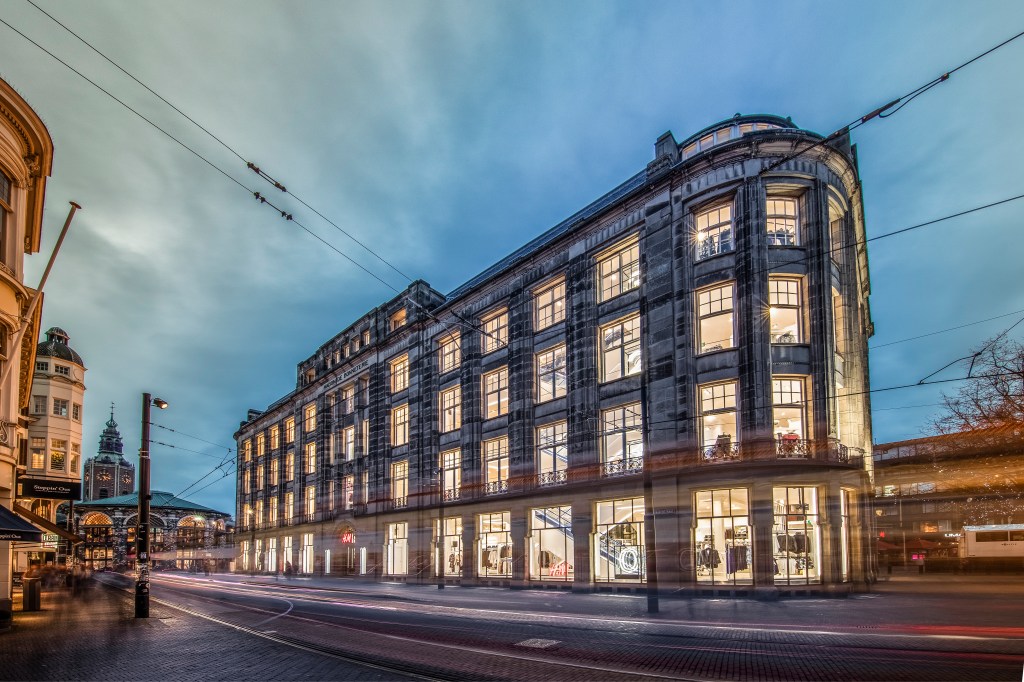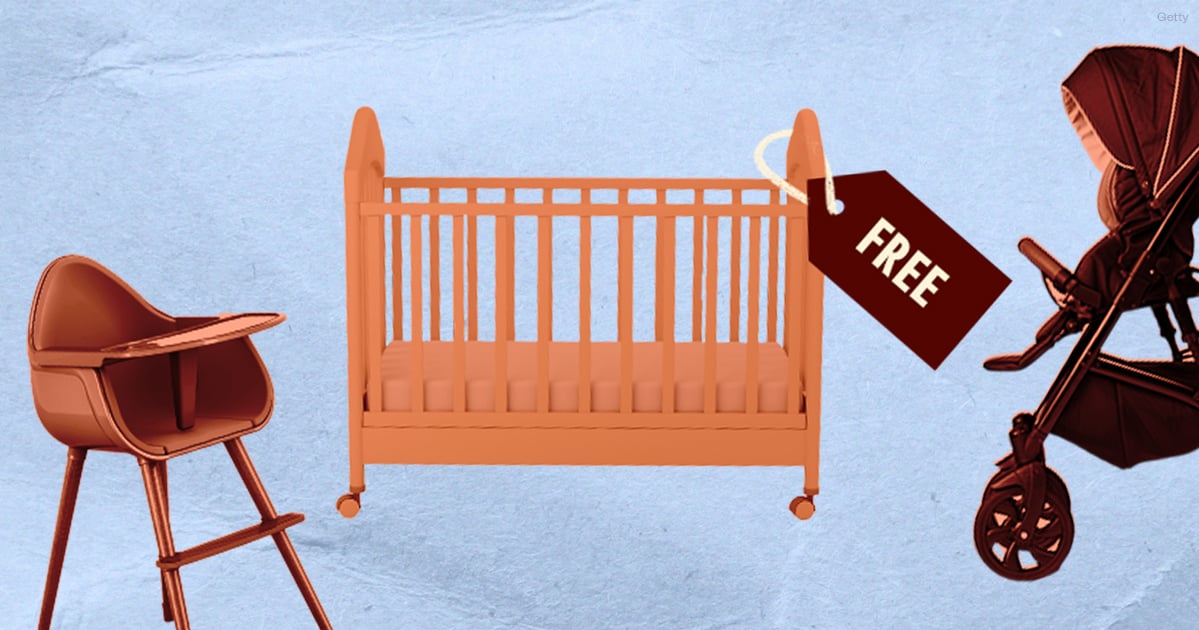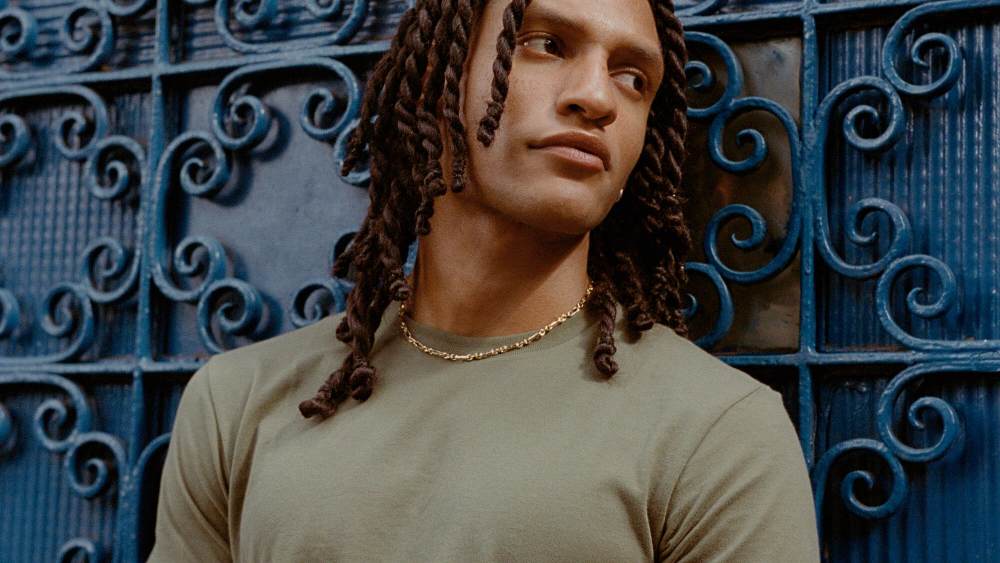This election felt like a punch to the gut for many American women. For the second time, Donald Trump has been elected over a woman while continuously spewing vitriol aimed at minority groups, and this time he’s also evading the law as a convicted felon. According to exit polls, a majority of men who voted supported Trump. Women’s rights – notably, access to abortion – were at stake in this election, and it has become glaringly obvious that American men couldn’t care less about us. They’d rather vote for a man found liable for sexual assault (amongst other crimes) than support a highly qualified woman of color.
As a Black woman who has lived through three back-to-back elections with Trump as a focal point, I’m so far beyond tired that I need a lifestyle change. These results are the straw that broke the camel’s back for me when it comes to dating and relationships. I, like many other Gen Z women, can’t fathom dating men. We’ve decided it’s time to bring the 4B movement to the United States.
What Is the 4B Movement?
Over the past few years, South Korean women have taken a new approach to protesting the patriarchy by no longer being active participants in the system. In response to issues like revenge porn, gender-based violence, and femicide, some South Korean women are no longer participating in heterosexual relationships.
The ideology behind the 4B movement is based on four simple rules that start with “bi,” which means “no” in Korean:
- Biyeonae: No dating men
- Bisekseu: No sex with men
- Bihon: No marriage
- Bichulsan: No child-rearing
By not engaging with men, the women are creating an ultimatum that if the violence toward them doesn’t stop, the birth rate will continue to go down and the population will slowly die out.
Just five years after the movement began back in 2019, it’s clear that the low birth rate is having real impacts – over 150 South Korean elementary schools have no first-graders enrolled. If nothing changes systematically, this could be a massive problem for the country: the population will continue to dwindle, fewer people will be in the workforce, and the economy will be affected.
With our bodies constantly being policed and politicized, this movement might be exactly what we need to create substantive change.
Why I’m Bringing the 4B Movement to My Own Life
As someone who recently finished their “Boy Sober” journey and who was excited about reentering the dating pool, I have instead put my plans on hold thanks to this election. I was looking forward to going out more and meeting someone the old-fashioned way, but now I’m on high alert knowing that most men who voted, voted for Trump. It just feels irresponsible and unsafe to have a partner right now. I don’t want to end up in a relationship where I have to wonder if my partner is lying about their political views or if I need to “cancel out” their vote because it puts my rights at risk. Even the idea of getting to know a liberal or left-leaning man doesn’t sound appealing – Trump’s election has proven that misogyny and misogynoir are deeply woven into the fabric of our society.
Especially as a Black woman who plans to remain child-free, I want to eliminate the risk of getting pregnant by any means possible. There are total abortion bans in 13 states, and a national abortion ban is in play now that Trump has been elected. Even with a long-term IUD, I don’t think there’s a safe way to have sex right now. Women are dying because of lack of abortion access; the maternal mortality rates for Black women remain higher than in any other racial group; and alt-right white supremacist men like Nick J. Fuentes are certain that they won and get to control our bodies. I would rather cut my losses where I can.
Truthfully, I don’t know what this movement will look like for me personally. I don’t have an end date in mind, or know how I’ll navigate a new love interest when they come into my life. But all I know right now is that for the time being, remaining single and celibate will keep me safe.
That sentiment is resonating across social media, where other women are expressing interest in the 4B movement, saying they’re going to employ it in their own lives. Queer men and trans women have also joined the conversation and are talking about no longer engaging with DL (down-low) men who aren’t openly out but voted for their rights to be taken away. More and more disenfranchised groups are looking for ways to participate in this movement and use intersectionality to our advantage.
Seeing the majority of voting men across different age groups, economic statuses, and races cast ballots in favor of a future that will hurt women has completely soured the idea of being involved with men in general. With the little autonomy that I have left, I would rather be alone and safe from the consequences of male influence in my life than lie next to someone who doesn’t see me as an equal. We deserve so much more than that.
Daria Yazmiene is a freelance writer, social media manager, and advocate for BIPOC communities. She is a proud graduate of Arizona State University’s Walter Cronkite School of Journalism.
